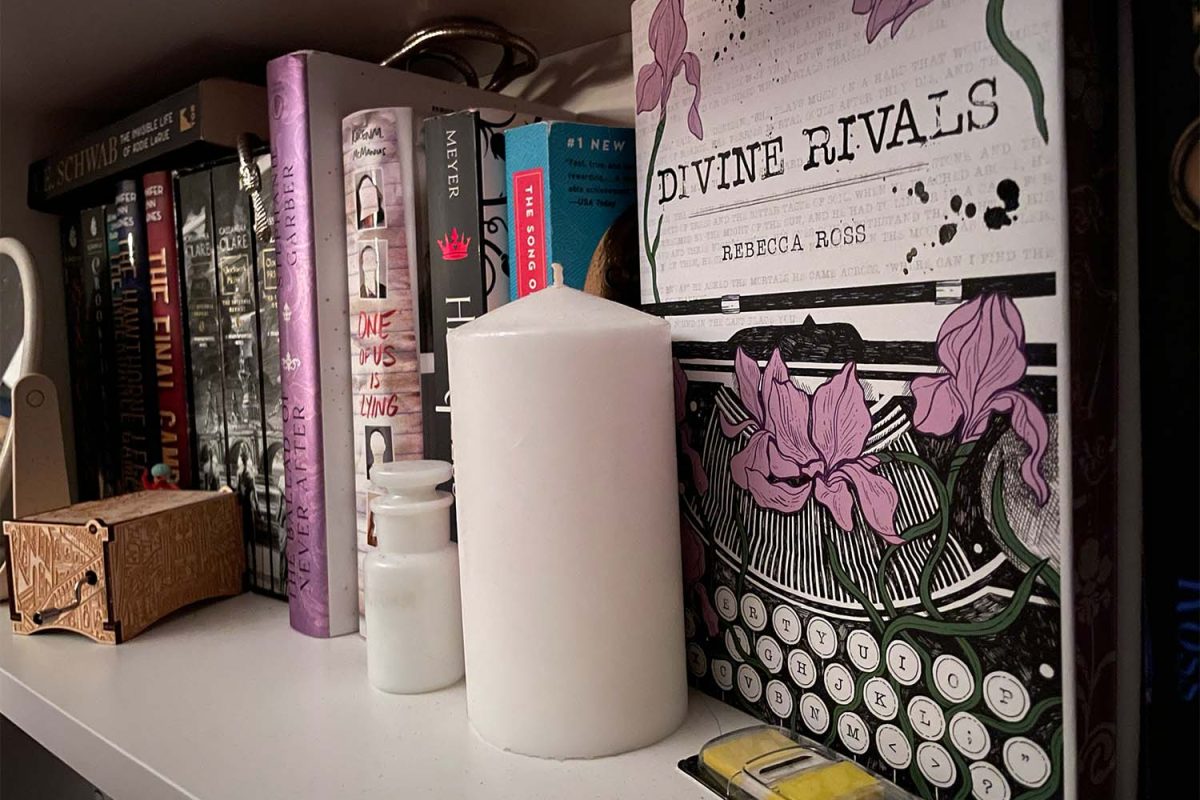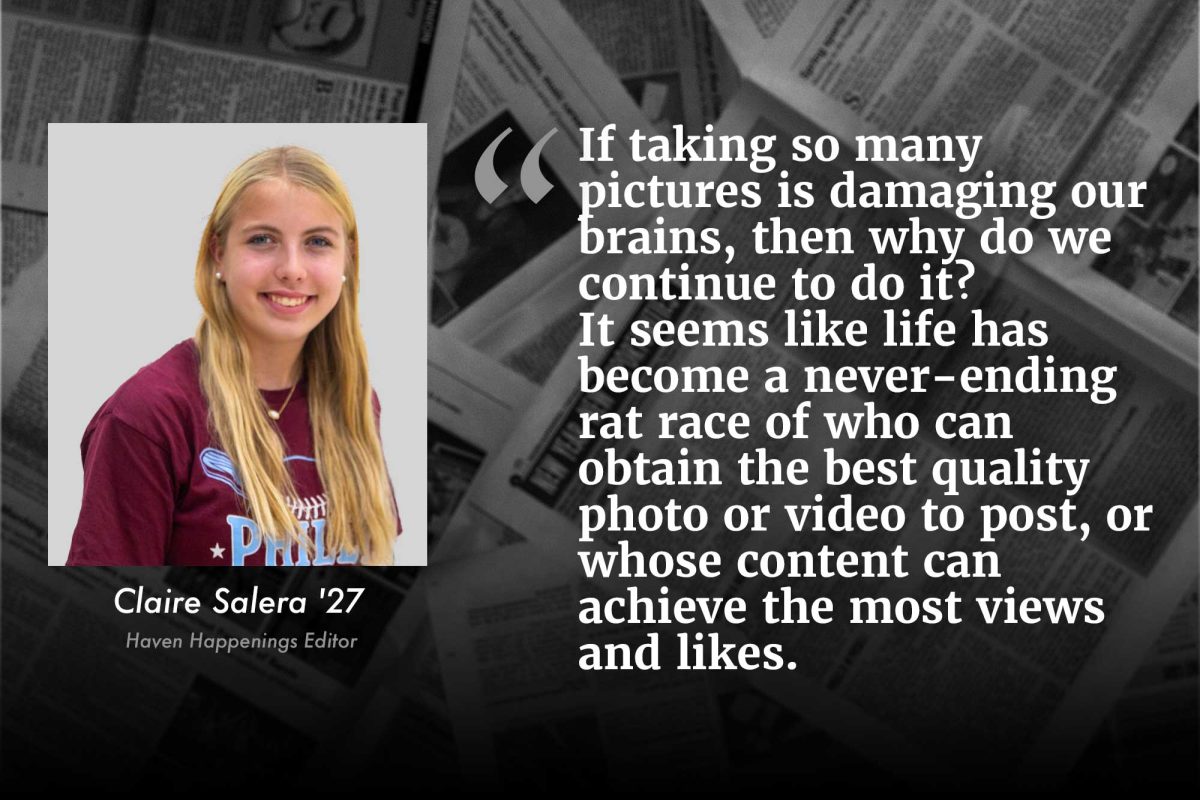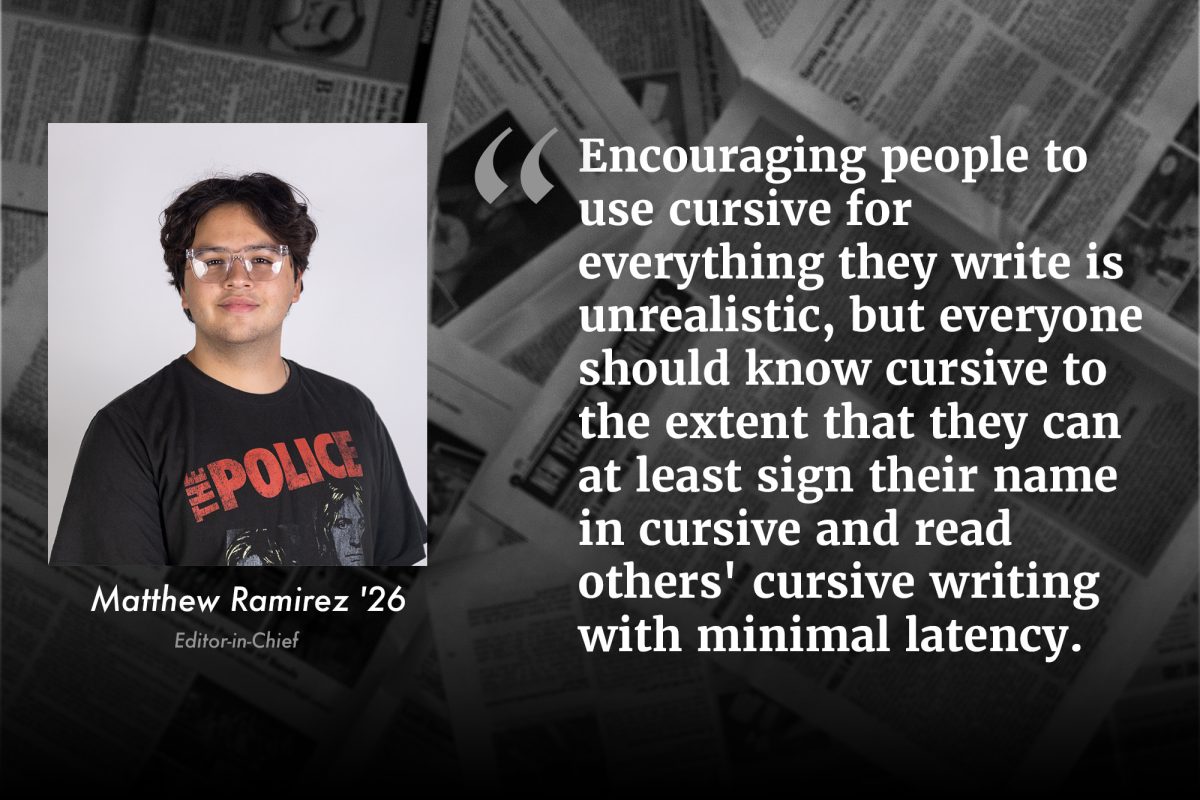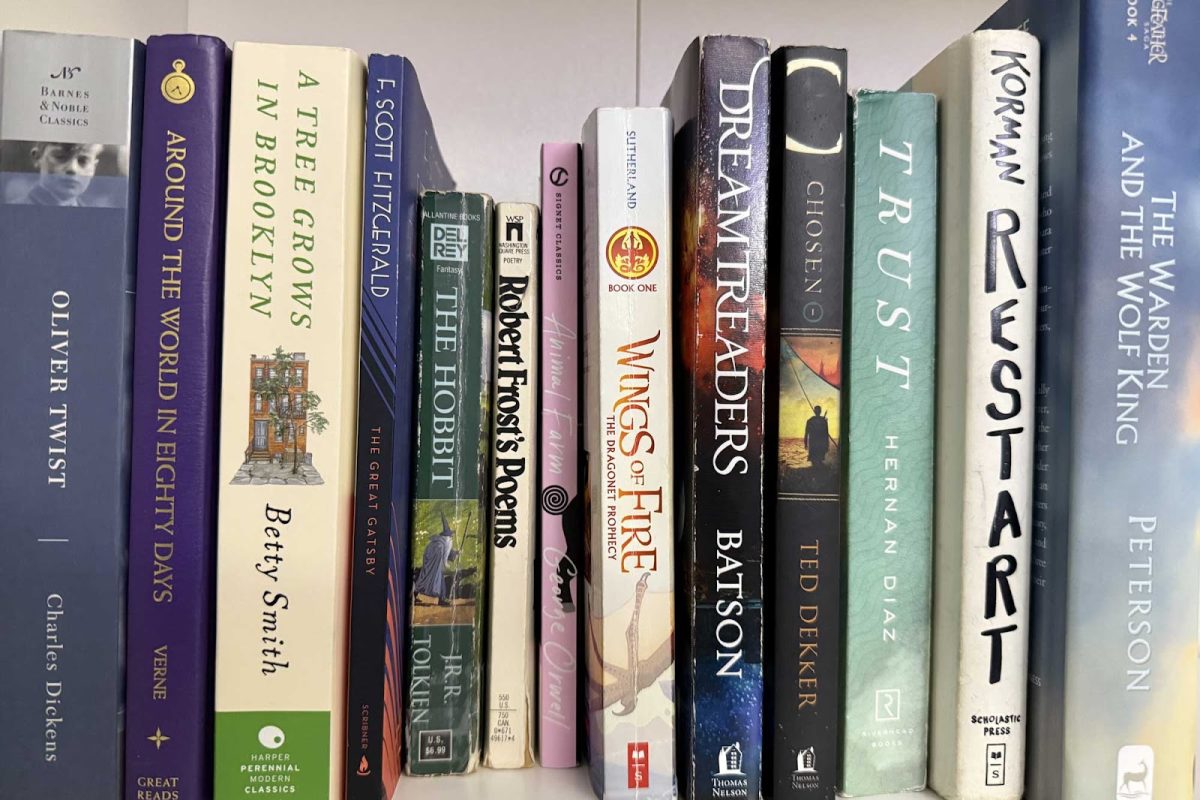The Atlantic article “The Elite College Students Who Can’t Read Books” has been causing a stir since it was released on October 1st.
The article focuses on opinions from English and humanities teachers at schools like Columbia, Georgetown, and Princeton. The article states that students no longer have the same capability of reading a longer text within the time that they were previously required to.
“It depends on the college you are going to… so there are certain institutions where they will have expected you to be exposed to Homer and Shakespeare and Gatsby. They will just expect that you have that background,” English teacher Ms. Reagan Lattari said.
These same sentiments were echoed throughout the article.
“I think people should read because, especially when you get into college and you have to read a book, you should be able to read said book,” sophomore Taylor Moody said. “Whether you’re reading by yourself or even in school, you’re still getting knowledge. It’s necessary for you to read so you can learn more.”
Because of our shortening attention spans due to screens and the revamp and emphasis placed on standardized testing, college students can’t do what teachers need.
“You know, we want you to read whatever book you want to read just for pure enjoyment to help with that fluency and to help introduce kids back to the joy of reading,” Lattari said.
The hot topic is whether students should value reading classics, like “The Odyssey” and “Romeo and Juliet,” over newer fiction.
“We’re going to force you to read Shakespeare and Homer and those cranky old white men, but then we’re going to balance it and give you time every single day to read whatever you want,” Lattari said.
Reading has many benefits—whatever form you choose to do it in. A study from Cross River Therapy showed that regular reading has been proven to reduce stress by up to 68%.
“I definitely think [reading] helps me become a better writer, and I think it definitely broadens imagination,” sophomore Maggie Peterson said.
While it is important to read older books to learn about historical context and learn how to understand older English, I don’t think that the themes in classic literature should be considered any more important than the themes in contemporary literature.
“You know, [reading is] like a muscle too– if you’re sitting down to take a test and you have to read a passage, and you haven’t read anything like that in years you’re not going to do as well as someone who’s used to doing it,” Lattari said.














